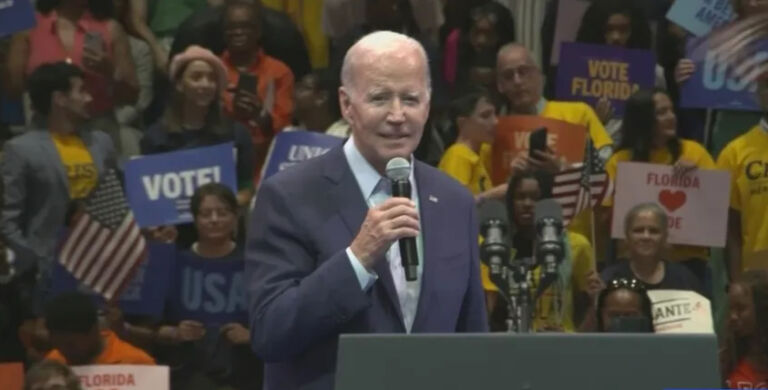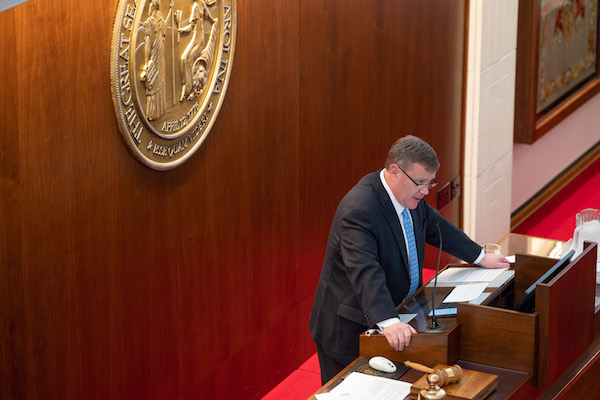Senate Leader Phil Berger hit one out of the park. In a News & Observer article describing various features of the Senate education budget, Berger commented,
Unfortunately the debate about education in North Carolina has concentrated on who’s spending more money, without an appropriate analysis of where the dollars are going and whether or not we are getting any bang for our buck or any success for the dollars that are being spent.
Senator Berger’s quote addressed an incredibly important subject – educational productivity. North Carolinians have needed to have this conversation for a long time.
I have discussed educational productivity in my weekly newsletter to much fanfare. Just kidding. On the national level, the Center for American Progress, a liberal think tank, has done a great deal of work on the issue. In their January 2011 report, “Return on Educational Investment: A district-by-district evaluation of U.S. educational productivity,” researcher Ulrich Boser pointed out,
In many ways, the nation’s educational productivity problem is an educational management problem. Our school system lacks a performance-focused set of practices and policies that ensure that dollars are spent efficiently. The problem manifests itself in ways both big and small. There are the examples of straightforward waste, of course: overpaying for food services by not considering outside providers; students being taught the same material twice because of poorly organized educational programs; central offices becoming bloated and broken due to operational neglect.
The bigger issue is that state and local school operations don’t provide educators with the tools, skills, and incentives to connect spending to outcomes and reorganize inefficient programs. For instance, many states use seat-time requirements to determine whether a student is ready to graduate from high school. While such a requirement may have made sense at one time, it divorces inputs from outcomes and prevents educators from trying more productive ways to make all students college- and career-ready.
Let’s follow Berger’s lead and begin to think and talk about public education in a “productive” way.


